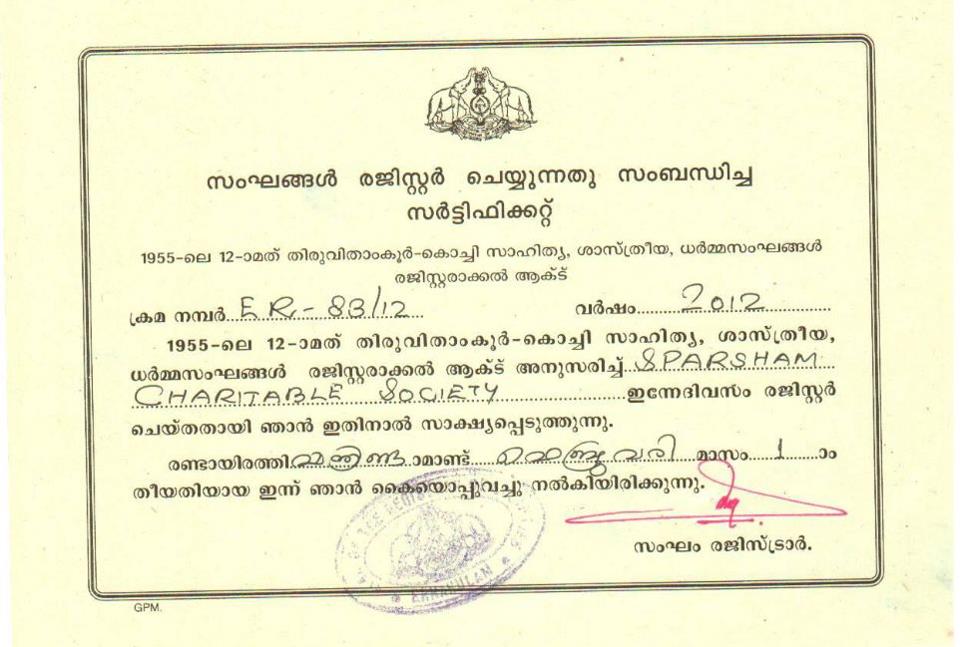A group of friends who shared similar ideals came together and agreed to work together by giving their time, money, and dedication to join millions of others in working for a better world and a better life for future generations. We spent hours researching and having lengthy discussions about the various activities.
We realised that society requires our assistance in a variety of ways, and we also learned about our limitations and the services we can provide without disrupting our everyday routines. Almost majority of us come from a working-class background and must spend at least 9-10 hours every day at the office.
The major goal is to find a way to contribute without interfering with our everyday routines or family obligations. We identified several categories, like delivering meals to those in need near us, visiting orphanages, and supplying medicines to those in need. However, all of this may necessitate the availability of a specialised staff, and we are unable to allocate all these responsibilities to a single person. As a result, we resumed our investigation.
During our investigation, we learned about the educational level of the people around us. Fortunately, Kerala has a literacy rate comparable to that of western countries. However, we have discovered that many families struggle to send their children to school.
In India, seven million children under the age of 14 lack access to education, and about half of these youngsters drop out before completing elementary school.
We discovered that this is primarily due to economic difficulties, with parents unable to meet basic demands and hence sending their children to work. We’re also aware of Kailash Satyarthi’s activities, which have freed a large number of youngsters from labour, slavery, and human trafficking. We studied our culture and came to the conclusion that education is the sole means of transforming a child into a better human being.
Despite increased investment in education, 25 percent of India’s population remains illiterate; just 15 percent of Indian students complete high school, and only 7 percent of those who do graduate. As of 2008, India’s post-secondary institutions only had enough seats for 7% of the country’s college-age population, 25% of teaching posts were unfilled across the country, and 57% of college professors lacked a master’s or phd degrees.
It was a collective agreement to support education, and we finally decided to formalise it by registering it with the government and establishing its own bylaws and regulations. Sayuj and Akhil were in charge of these activities, and they made a request to the Ernakulam register office to begin the procedure.
We received approval for the registration quickly, and here is our registration certificate.
